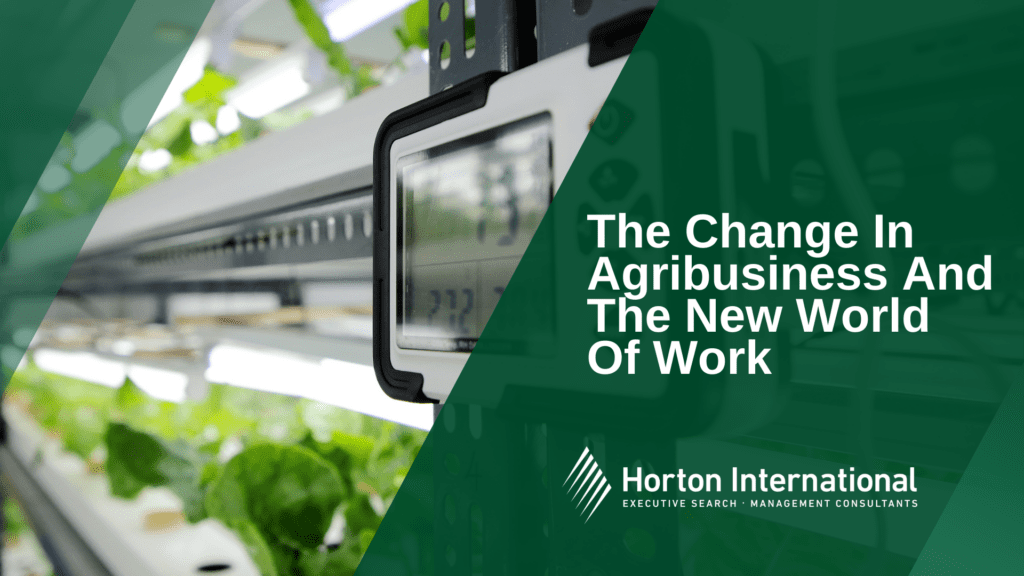The trend towards sustainability, environmental protection, animal welfare, etc., has been given an even stronger boost by the pandemic.
Consumers always make decisions with their own quality of life in mind. Thus, their own actions oscillate between individual convenience and satisfaction of needs on the one hand and the increasing desire for social responsibility and justice on the other. Consumer ethics has arrived in the social and economic reality of life. The market has established itself, but the frame of reference is shifting. “Bio” is now only one facet of the topics; other aspects are gaining importance: regionality at the product level, social responsibility at the corporate and production level, alternative ownership models at the overall economic level.
As a result of the deceleration that consumers already experienced in the first lockdown, many good intentions were reinforced: living more consciously, eating healthier, buying more regionally and only as much as is (really) needed, etc. For the consumer, benefits and social responsibility are primary, and a higher price is also acceptable.
Sustainability in agribusiness is about the need to increase resource efficiency, protect the environment, ensure economic viability and guarantee social compatibility. To meet these requirements, agricultural businesses need not only practical new technologies but also modern organizational structures and skilled and agile employees and leaders.
A paradigm shift in the minds of entrepreneurs is called for: Business must be aligned with people, not the other way around. If you rethink business, you will also find ways to implement it.
This paradigm shift will also be necessary in the search for the decision-makers of 2030. Hager Unternehmensberatung, Horton International’s partner in Germany, has collaborated with one of Germany’s most renowned future institutes – the think tank 2bAHEAD – on a study to find out what the world of work will look like in 2030.
The research result casts a surprising light on the working world of tomorrow, in which executives will be the managers of diverse, global, decentralized teams. The decision-makers of the day after tomorrow will be human and approachable, mastering the use of artificial intelligence as a matter of course, making decisions based on data rather than gut instinct.
The future, according to the study “Executives 2030. How they work and where to find them” is in many respects more mobile.
Instead of seeing work as an activity for earning money, more and more executives will seek one thing above all in their work: purpose.
And here we come full circle again: consumers are looking for ethics, sustainability, etc., and tomorrow’s executives are looking for a sense of purpose in what they do and how they do it.
In the white paper “Executives 2030. How they work – and where to find them”, Hager Unternehmensberatung also sheds light on the question of how exactly the talents of the day after tomorrow and their dream employer will find each other, which technologies will help both sides in the process, up to and including genetic analysis, and what role executive search will play in 2030.
The white paper is available on request from Hager Unternehmensberatung here.







